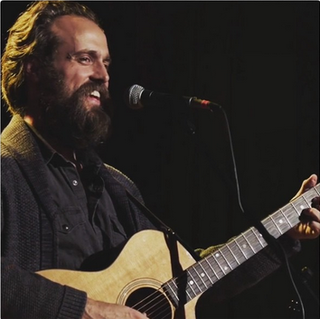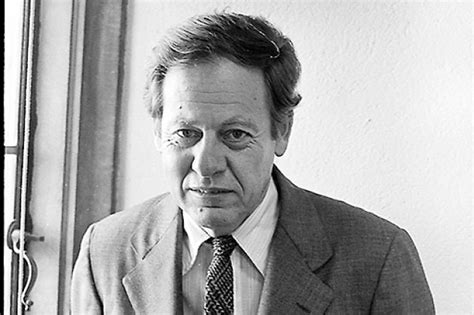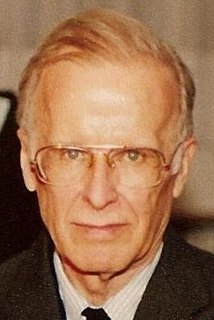A Quote by Joseph Kosuth
I am only describing language, not explaining anything.
Quote Topics
Related Quotes
In America, there might be better gastronomic destinations than New Orleans, but there is no place more uniquely wonderful. ... With the best restaurants in New York, you'll find something similar to it in Paris or Copenhagen or Chicago. But there is no place like New Orleans. So it's a must-see city because there's no explaining it, no describing it. You can't compare it to anything. So, far and away New Orleans.
There is a popular superstition that "realism" asserts itself in the cataloguing of a great number of material objects, in explaining mechanical processes, the methods of operating manufactories and trades, and in minutely and unsparingly describing physical sensations. But is not realism, more than it is anything else, an attitude of mind on the part of the writer toward his material, a vague indication of the sympathy and candour with which he accepts, rather than chooses, his theme?
Von Neumann languages do not have useful properties for reasoning about programs. Axiomatic and denotational semantics are precise tools for describing and understanding conventional programs, but they only talk about them and cannot alter their ungainly properties. Unlike von Neumann languages, the language of ordinary algebra is suitable both for stating its laws and for transforming an equation into its solution, all within the "language."







































